Keynote Speaker 1
|
|---|
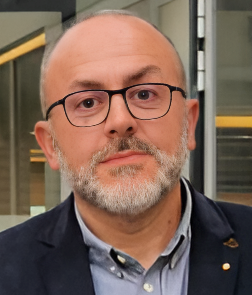 |
| Prof. Mohamed Benbouzid, University of Brest, France (IEEE Fellow, IEEE PES) |
Bio: Mohamed Benbouzid completed his Ph.D. in electrical at the National Polytechnic Institute of Grenoble, Grenoble, France, in 1994. He further earned his Habilitation à Diriger des Recherches degree from the University of Amiens, Amiens, France, in 2000. Following the completion of his Ph.D., Dr. Benbouzid joined the University of Amiens, where he held the position of Associate Professor in electrical engineering. Since September 2004, he has been affiliated with the University of Brest, Brest, France, where he currently serves as a Full Professor in electrical engineering. Additionally, he holds the distinguished positions of a Distinguished Professor and a 1000 Talent Expert at the Shanghai Maritime University in Shanghai, China. Prof. Benbouzid primary research interests and expertise include control of electric machines, variable-speed drives for traction, propulsion, and renewable energy applications, and fault diagnosis of electric machines. Benbouzid is an IEEE Fellow and a Fellow of the IET. He is the Editor-in-Chief of the International Journal on Energy Conversion and the Applied Sciences (MDPI) Section on Electrical, Electronics and Communications Engineering. He is a Subject Editor for the IET Renewable Power Generation. |
Keynote Speaker 2
|
|---|
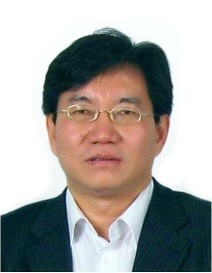 |
| Prof. Fushuan Wen, Zhejiang University, China (IEEE Fellow, IEEE PES) |
Bio: Professor Fushuan Wen received the BE and ME degrees from Tianjin University, Tianjin, China, in 1985 and 1988, respectively, and the PhD degree from Zhejiang University, Hangzhou, China, in 1991, all in electrical engineering. He joined the faculty of Zhejiang University in 1991, and has been a full professor and the director of the Institute of Power Economics and Information since 1997, and the director of Zhejiang University-Insigma Joint Research Center for Smart Grids since 2010. He has been undertaking various teaching, research and visiting appointments in National University of Singapore (NSTB Postdoctoral Fellow, Research Fellow), Hong Kong Polytechnic University (Research Fellow, Visiting Assistant Professor), University of Hong Kong (Research Assistant Professor), South China University of Technology (University Distinguished Professor), University of New South Wales in Australia (ARC Project Senior Fellow, Senior Visiting Fellow), Queensland University of Technology in Australia (CSIRO and ARC Project Visiting Fellow), Brunei University of Technology (Professor in Power Systems), Technical University of Denmark (Otto Monsted Guest Professor in Power Systems), Nanyang Technological University in Singapore (Visiting Fellow), Murdoch University in Australia (Adjunct Professor), Tallinn University of Technology (Professor in Energy Systems), Hangzhou Dianzi University in China (Yusheng XUE Education Foundation Distinguished Professor), Commonwealth Scientific and Industrial Research Organization (CSIRO) in Australia (Honorary Visiting Scientist), Shenzhen Institute of Artificial Intelligence and Robotics for Society (Visiting Principal Research Fellow) |
Keynote Speaker 3
|
|---|
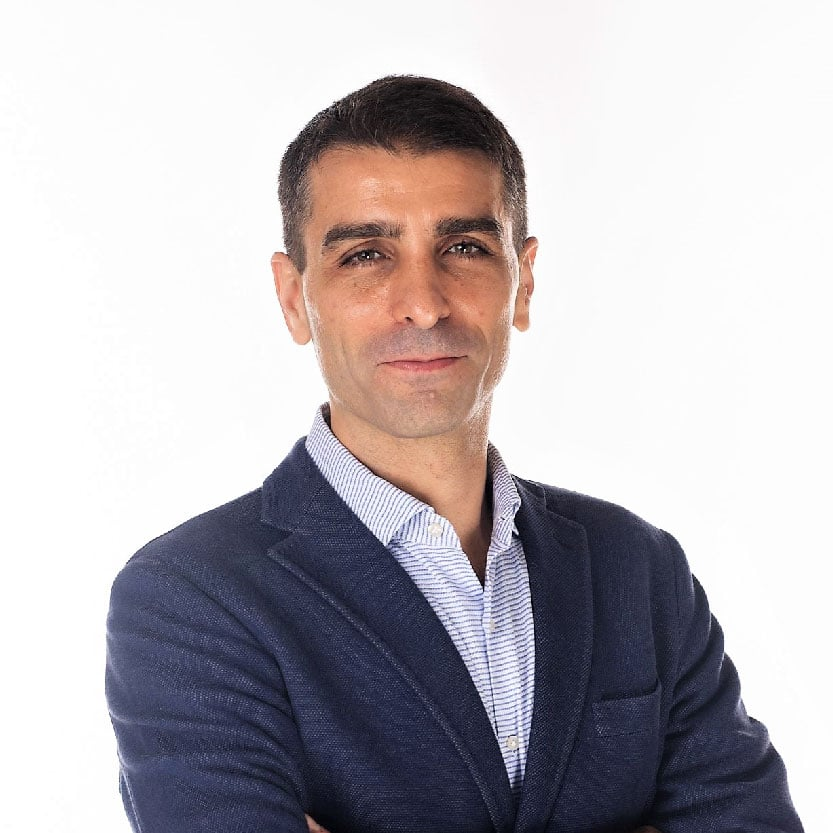 |
| Prof. Alessandro Romagnoli, Nanyang Technological University of Singapore, Singapore |
Bio: Alessandro is an Associate Professor in the School of Mechanical and Aerospace Engineering at the Nanyang Technological University of Singapore. He received his Ph.D. in Mechanical Engineering from Imperial College London in 2010. Alessandro is currently serving as Assistant Dean for Innovation and Enterprise at Nanyang Technological University, focussing on technology translation and collaboration with Industry. Since 2020, Alessandro has been appointed as Co-Director of the NTU-Surbana Jurong Corporate Lab, a S$60M effort looking at Intelligent Urban Solutions, Active Solutions for Sustainability, and Future of Construction and Underground. Since 2015 Alessandro is also serving as Cluster Director on Multi-Energy Systems and Grids at the Energy Research Institute @ Nanyang Technological University. During his time at NTU, Alessandro established the Thermal Energy Systems Lab @NTU which focuses on energy conversion and management, power generation - from large scale to distributed energy generation applied to micro-grids, and energy systems integration for different energy mixes - including renewables and energy storage. Focus is on Liquefied Natural Gas, Cryogenic Energy Storage (Liquid Air Energy System and Hydrogen), Heat Recovery (including Geothermal), and Thermal Energy Storage. Alessandro’s work also covers studies on the Cold Economy in developed/developing countries. Alessandro’s research activity is mainly focused on serving the industry by providing advice and viable solutions for some of their most pressing challenges, such as reducing carbon footprint, energy efficiency, and energy prosumption. Alessandro’s research is not solely focussed on in-depth energy systems analysis, but it looks at the implications that the integration of different energy systems has on the environment, and operational and investment costs. This work led to the set-up of one spin-off company, Multi-Energy Decarbonized Solutions, offering predictive and intelligent algorithms for optimal design, planning, and integration of diversified energy systems. |
Keynote Speaker 4
|
|---|
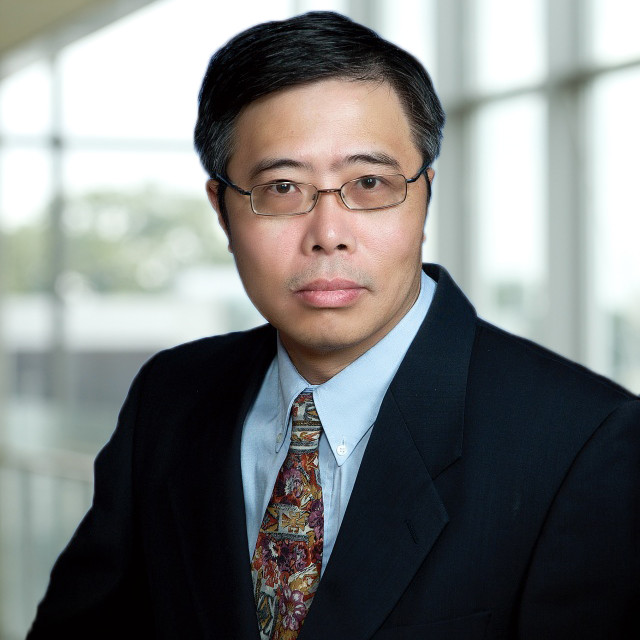 |
| Prof. Henry Hu, University of Windsor, Canada |
Bio: Dr. Hongfa (Henry) Hu is a tenured full Professor at Department of Mechanical, Automotive & Materials Engineering, University of Windsor. He was a senior research engineer at Ryobi Die Casting (USA), and a Chief Metallurgist at Meridian Technologies, and a Research Scientist at Institute of Magnesium Technology. He received degrees from University of Toronto (Ph.D., 1996), University of Windsor (M.A.Sc., 1991), and Shanghai University of Technology (B.A.Sc., 1985). He was a NSERC Industrial Research Fellow (1995-1997). His publications (over 150 papers) are in the area of magnesium alloys, composites, metal casting, computer modelling, and physical metallurgy. He was a Key Reader of the Board of Review of Metallurgical and Materials Transactions, a Committee Member of the Grant Evaluation Group for Natural Sciences and Engineering Research Council of Canada, National Science Foundation (USA) and Canadian Metallurgical Quarterly. He has served as a member or chairman of various committees for CIM-METSOC, AFS, and USCAR. The applicant’s current research is on materials processing and evaluation of light alloys and composites. His recent fundamental research is focussed on transport phenomena and mechanisms of solidification, phase transformation and dissolution kinetics. His applied research has included development of magnesium automotive applications, cost-effective casting processes for novel composites, and control systems for casting processes. His work on light alloys and composites has attracted the attention of several automotive companies. |
Keynote Speaker 5
|
|---|
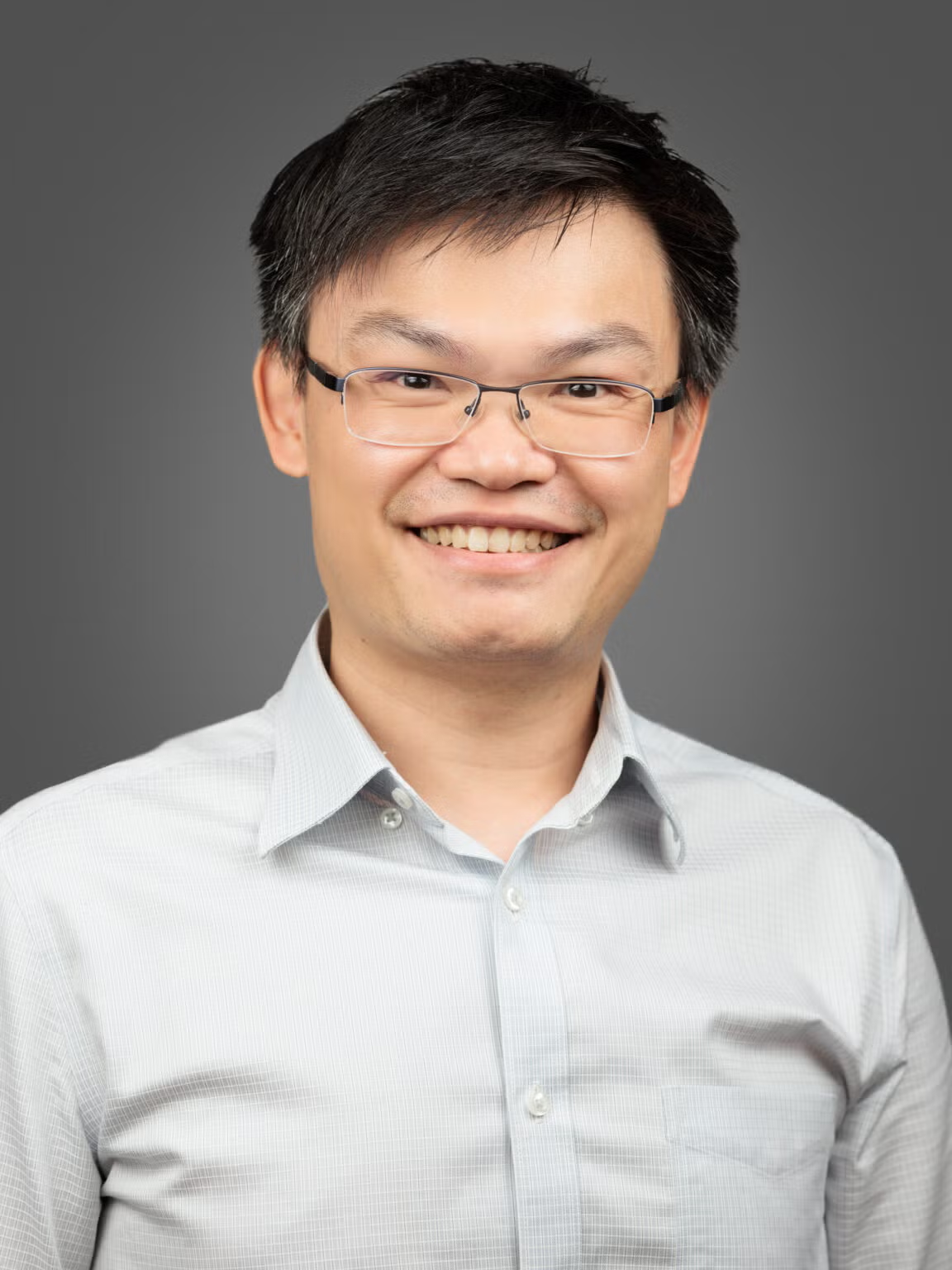 |
| Assoc. Prof. Jimmy Chih-Hsien PENG, National University of Singapore, Singapore (IEEE Senior Member / IEEE PES Singapore, Excom member) |
Bio: Jimmy C. -H. Peng joined the Department of Electrical and Computer Engineering at the National University of Singapore in July 2016. He received both his B.Eng. (Hons.) and Ph.D. degrees from the University of Auckland, New Zealand, in 2008 and 2012, respectively. Previously, he was an Assistant Professor at Masdar Institute of Science and Technology, United Arab Emirates. In 2013, he was appointed as a Visiting Scientist with the Research Laboratory of Electronics (RLE) at Massachusetts Institute of Technology (MIT), and later as a Visiting Assistant Professor in 2014. His current research interests include system identification and control techniques for electrical power grids, and their use in the broader energy systems. |
Keynote Speaker 6
|
|---|
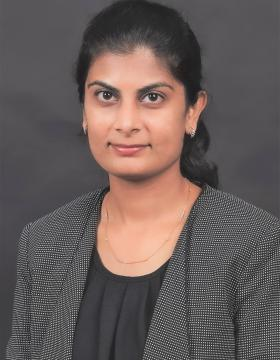 |
| Assist. Prof. Dhivya Sampath Kumar, Singapore Institute of Technology, Singapore (IEEE PES Singapore, Excom member) |
Bio: Dr Dhivya Sampath Kumar received her M.Eng. degree in Power Systems Engineering from the College of Engineering-Guindy, Anna University, India, in 2011 and her PhD degree in Electrical and Computer Engineering from National University of Singapore (NUS) in June 2017. She also earned a graduate certificate in Management of Technology from NUS. She worked as a Post-Doctoral Research Fellow in Solar Energy Research Institute of Singapore (SERIS)- National University of Singapore until Jan 2022. Since February 2022, she has been working as an Assistant Professor in Singapore Institute of Technology. Her research interests include Modelling, Control, Optimization & Management of Microgrid/Smart Grids, Analysis of grid security, reliability and planning issues pertaining to embedded integrated distributed generators, Application of machine learning to power systems and Optimal Integration and Management of DERs. She has worked on multiple NRF projects with Energy Market Authority of Singapore and Singapore Power Grid to analyze the impact of integrating renewable distributed generators on the reliability and protection of power networks. She is also actively involved in professional societies such as IEEE Power & Energy Society (Excom member), IEEE Young Professionals (Treasurer) and Institution of Engineers, Singapore (member). She is a regular reviewer of IEEE and Elsevier journals and conferences and, has served in the organizing committee of flagship IEEE conferences. |
